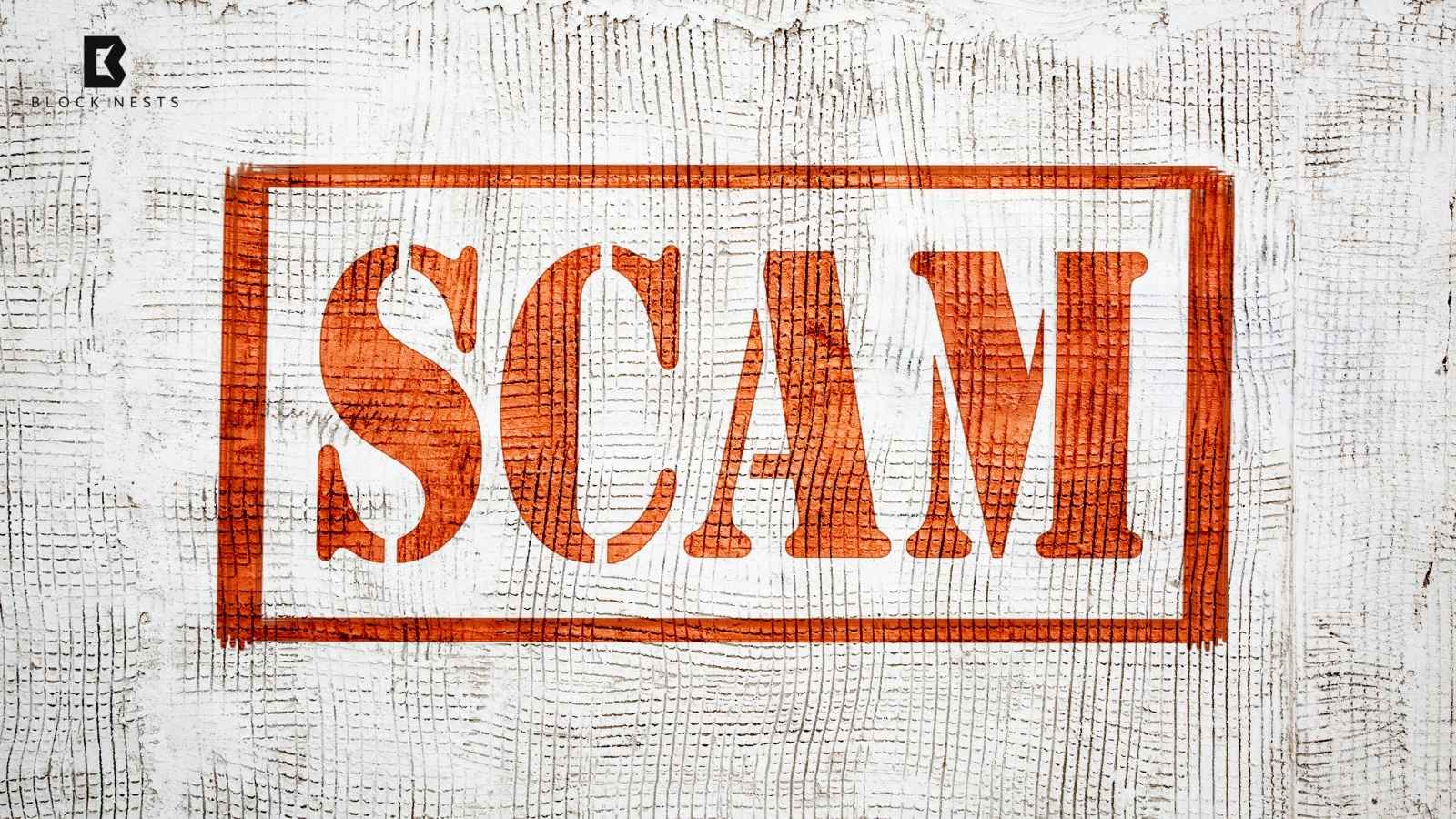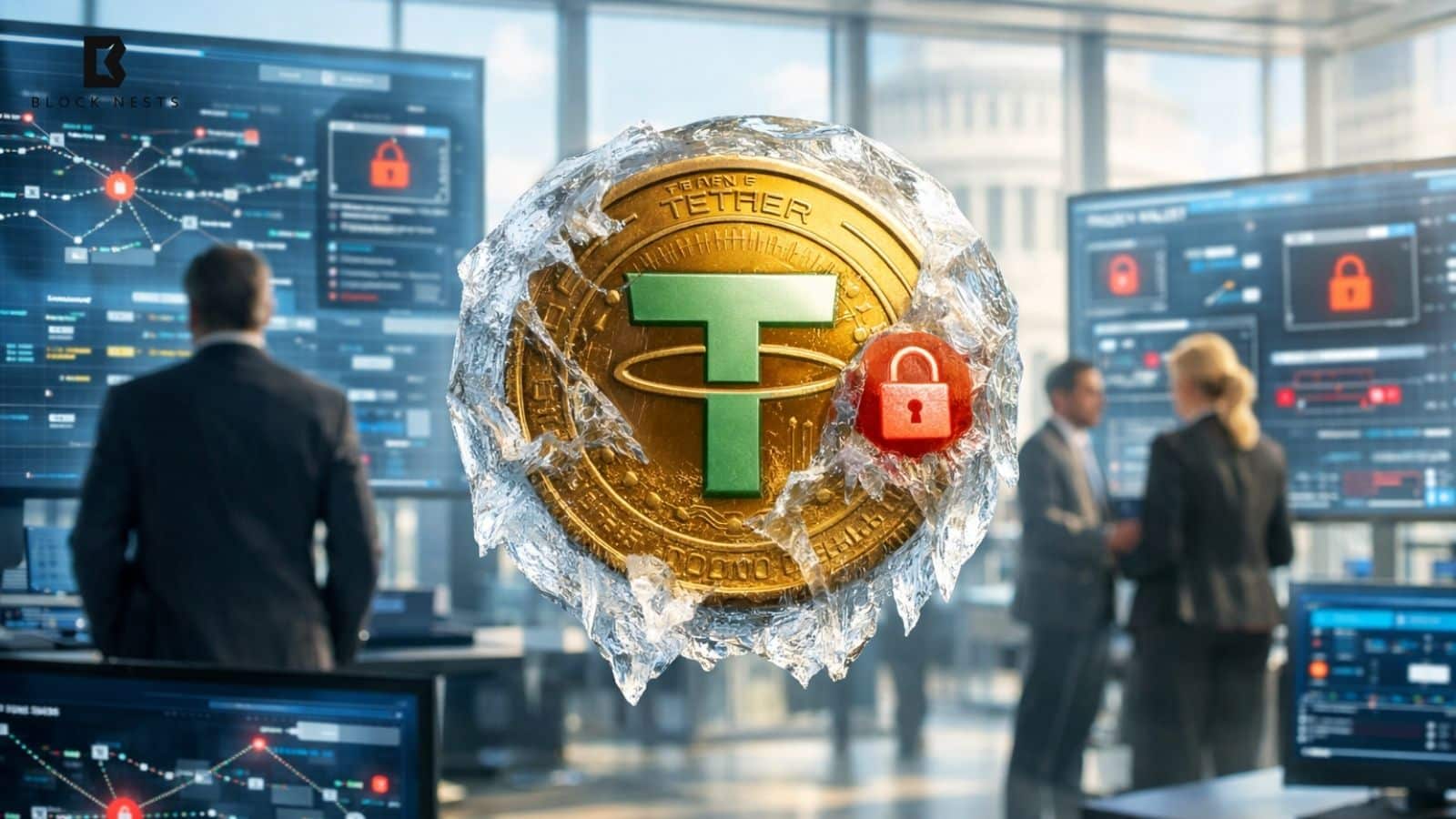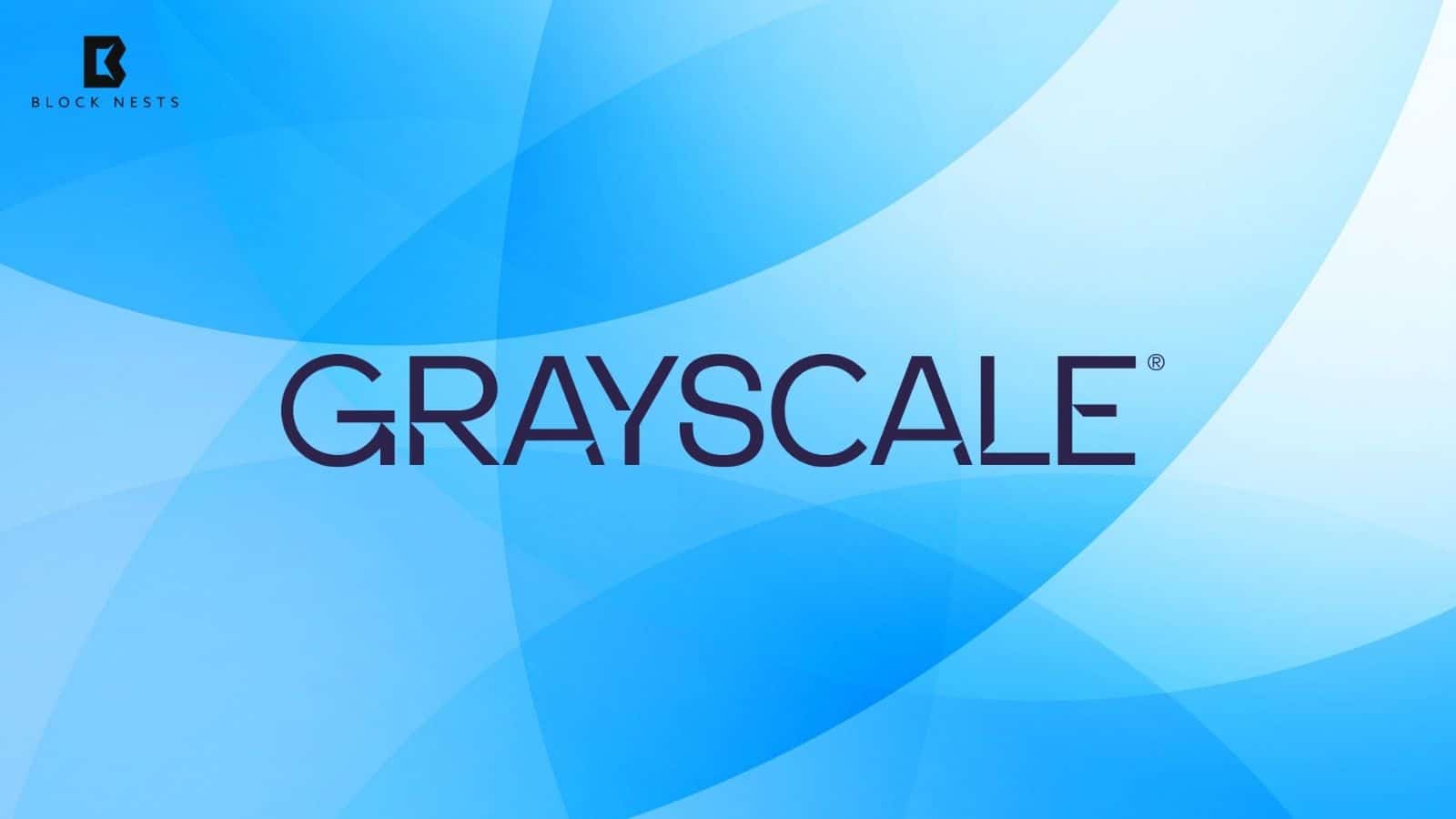- Sweden is reassessing its cashless model due to rising security concerns.
- Centralized digital payments are fragile in times of crisis.
- Decentralized systems like Ethereum could offer greater resilience.
Sweden has been a leader in reducing cash usage. Most people now pay using cards or mobile apps like Swish. A former central bank official once predicted the country would be cashless by 2025. That forecast has nearly come true, but growing concerns about digital vulnerabilities have sparked interest in decentralized alternatives like Ethereum.
@rohangrey has done a lot of deep thought in this direction.
— vitalik.eth (@VitalikButerin) May 25, 2025
We basically know how to do it, but with the limitation that any solution depends on trusted hardware and/or post hoc enforcement against double-spenders.
However, a change is being prompted by global uncertainty. Heightened concerns over cyberattacks and war are encouraging the development of fallback systems. Swedish authorities now want their nation to hold and utilize cash. The defense ministry just issued a brochure to households.
It encouraged the public to keep a week’s cash in low-denomination bills. The change represents a new path. Convenience no longer gets the sole attention. Practical security issues are shaping public policy.
Sweden, Norway, and the Ethereum Alternative
Sweden and Norway each utilize less paper and coin money than any nation. Years ago, it was considered to be a step forward. But new risks accompany electronic payments. Cyberattacks, blackouts, and equipment breakdowns could immobilize trade.
Sweden’s central bank confirmed this in its most recent report. It said accessibility and security are now equally-important with efficiency. The government is additionally debating new regulations. These would make some shops and services accept cash again.
Norway has done the same. Last year it implemented a law requiring businesses to accept money. Businesses refusing to do this could be penalized. Citizens were also instructed to keep money at home. The aim was to keep individuals empowered to carry on even in the event of digital outages.
The Case for Decentralized Payment Systems
Recent comments on the issue have been made by Ethereum co-founder Vitalik Buterin. The dangers of centralization were highlighted by him. Payment systems, according to him, should be secure and private. Blockchain platforms such as Ethereum would fulfill this requirement. With decentralized systems, no single point of failure to depend on.
They process transactions using worldwide networks. This makes it more difficult to shut them down or regulate. Privacy features minimize exposure to surveillance and abuse. Sweden previously experimented with a digital currency referred to as the e-krona. But the initiative has since been put on hold.
The central bank now tracks trends around the world in the area of digital finance. With central systems subject to increasing scrutiny, decentralized systems are coming into favor. Both Sweden and Norway changed direction. What they learned can provide a cautionary tale for others moving apace toward digital-only payments.
Related Reading: Pakistan’s Bold Move: 2,000 MW Electricity Boost for Bitcoin Mining and AI Development
How would you rate your experience?






